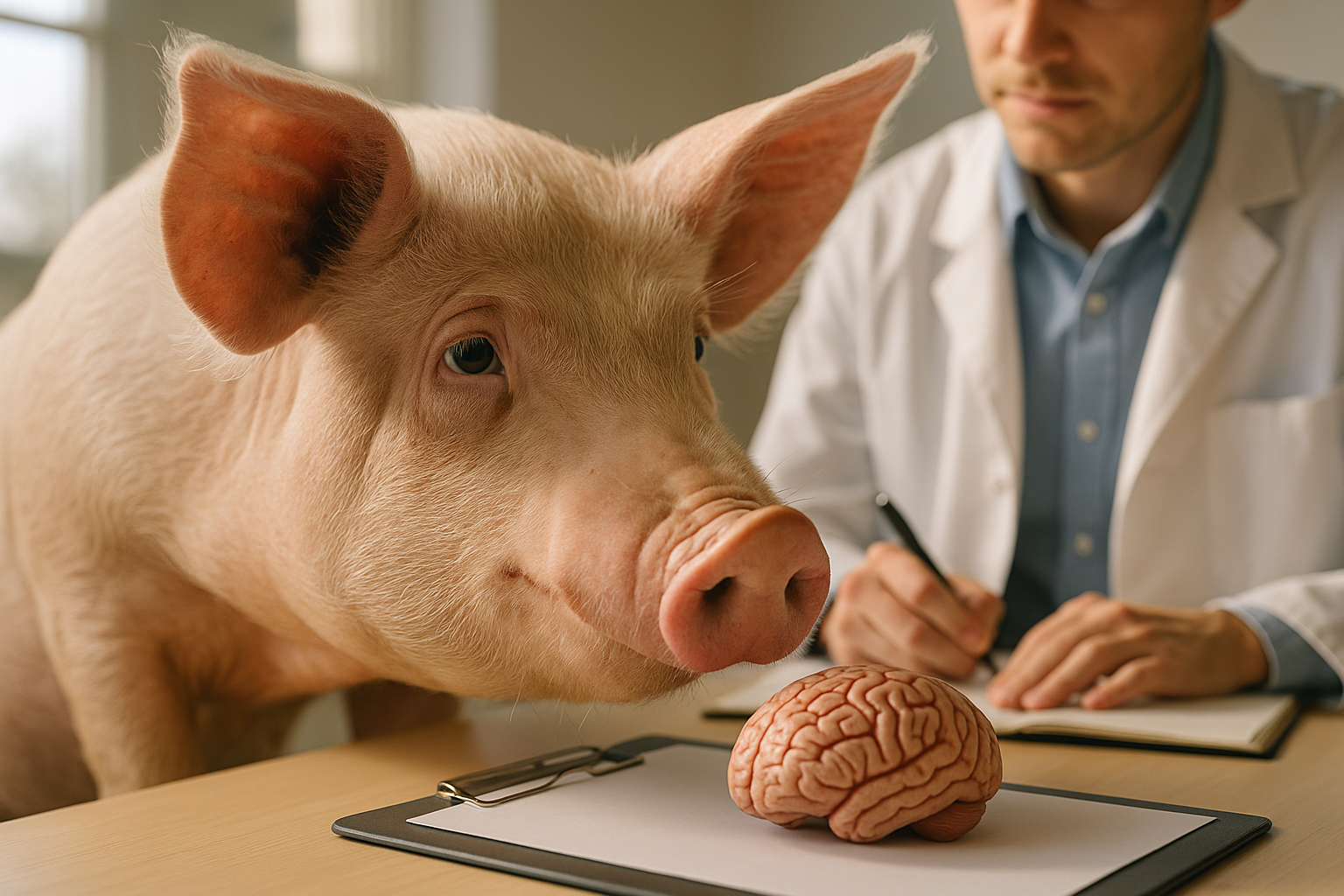The Remarkable Intelligence of Pigs: A Deeper Dive
From the farmyards to our storybooks, pigs have long occupied a special place in human culture. Yet, how much do we truly know about these remarkable animals? As it turns out, pigs are far more intelligent and complex than most people realize. This article will delve into the astonishing cognitive abilities of pigs, shedding light on their emotional depth, social complexities, and surprising problem-solving skills.

Over the years, scientific studies have consistently revealed pigs to be incredibly smart and adaptable creatures. They are capable of remembering objects, understanding reflections in mirrors, and even manipulating joystick-controlled cursors on a computer screen.
A Historical Perspective
Pigs have a long history of cohabitation with humans, beginning around 7000 to 6000 BC when they were first domesticated in China and Europe. Despite their ubiquitous presence in human society, the intelligence of pigs was often overlooked, with more focus being given to their economic and dietary value.
It wasn’t until the 20th century that researchers began to take a closer look at the cognitive abilities of pigs. What they found was startling. Pigs were not only capable of complex problem-solving but also exhibited emotional intelligence comparable to primates and even humans.
Recent Discoveries and Updates
Recent studies have revealed even more about the surprising intelligence of pigs. According to a 2021 study published in the journal Frontiers in Psychology, pigs are capable of understanding time and anticipating future events, a cognitive ability previously thought to be unique to primates and some bird species.
Moreover, pigs have been found to possess advanced social skills. They maintain intricate social networks, cooperate with each other, and can even deceive one another to gain access to food.
The Impact of These Findings
The recognition of pigs’ intelligence has significant implications for their welfare. In the livestock industry, where pigs are often housed in cramped and stimulating environments, understanding their cognitive and emotional needs is crucial.
While it’s hard to estimate the exact market impact of these findings, there’s no denying that they are altering perceptions and prompting changes in how pigs are treated in both farming and research.
Concluding Thoughts
The revelations about pig intelligence challenge our preconceived notions about animal intelligence and prompt us to reevaluate our relationships with these fascinating creatures. As our understanding of pigs continues to evolve, it is imperative that we strive to ensure their welfare and respect their cognitive and emotional complexity.
In the end, the study of pig cognition serves as a stark reminder of the rich mental lives of all animals, urging us to look beyond our biases and appreciate the remarkable world of animal intelligence in all its diversity.




